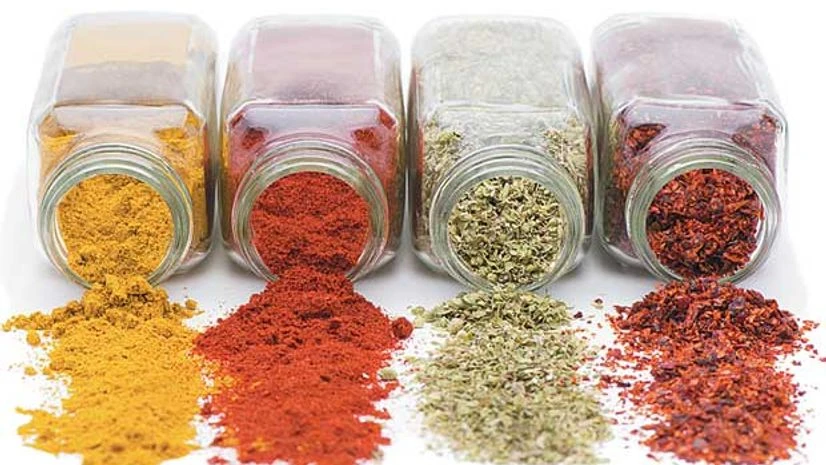The Food Safety and Standards Authority of India (FSSAI) ordered a comprehensive testing of spices from all brands across the nation.
This decision follows the suspension of sales of certain spice blends from two leading brands, MDH and Everest, by Singapore and Hong Kong. The suspension was due to elevated levels of ethylene oxide (ETO), a pesticide unsuitable for human consumption and associated with long-term cancer risks.
The regulatory body has directed its officials to carry out thorough inspections, sampling, and testing across all spice manufacturing facilities, particularly emphasising those producing curry powders and mixed spice blends, according to a report by The Economic Times (ET).
Additionally, it has instructed state governments to conduct spice testing to guarantee quality. The FSSAI also intends to initiate surveillance on other food products such as fortified rice and dairy products.
In a separate development, India's Spices Board has mandated ETO testing for all spices exported to Hong Kong and Singapore. This testing comes into effect from May 6, the report stated.
Also Read
The Board, in a statement, said, "All the spice consignments, including ready-to-eat (RTE) products, destined for Singapore and Hong Kong shall be accompanied with a cleared analytical report for ETO issued by the Spices Board."
Despite Indian authorities establishing standards for 30 spices and condiments, export countries such as Hong Kong, Singapore, and the US maintain their own stringent standards compared to those in India.
Last month, Hong Kong suspended sales of three spice blends produced by MDH and one fish curry spice mix by Everest. Singapore, too, issued a recall for the same Everest blend. Over the past six months, the US customs authority has rejected numerous MDH shipments due to salmonella contamination.
Following this, MDH asserted it does not use ETO at any stage of its spice storage, processing, or packaging. Everest stated that all its items undergo rigorous quality control examinations. The company refuted claims of being banned in Singapore and Hong Kong, asserting that the directives were merely for product recall and temporary hold pending further inspection.

)
